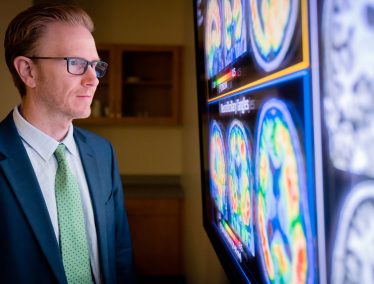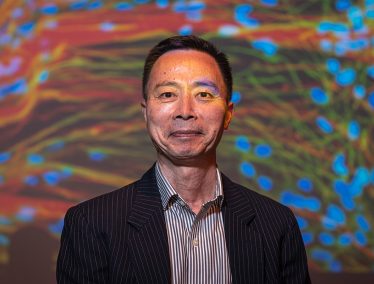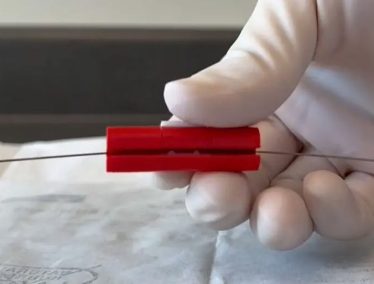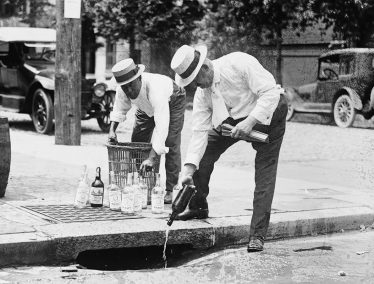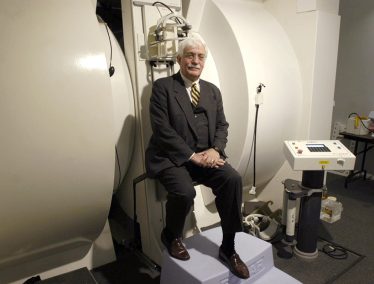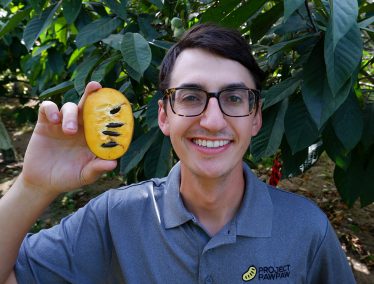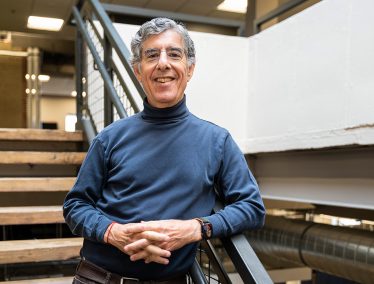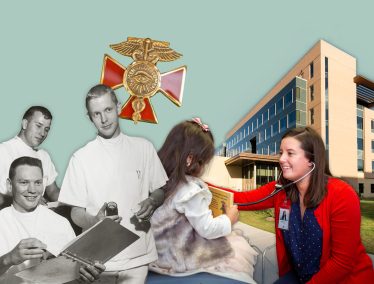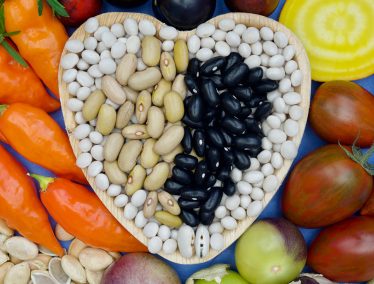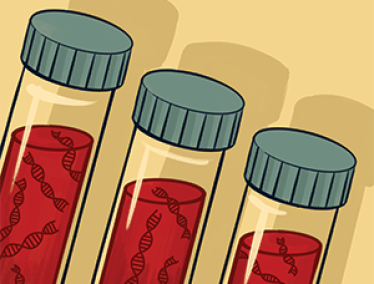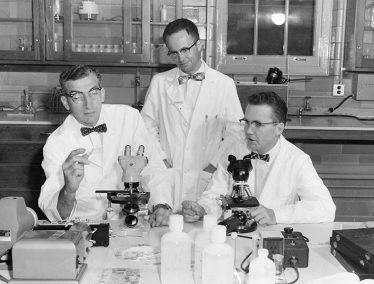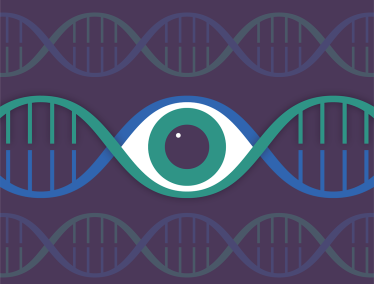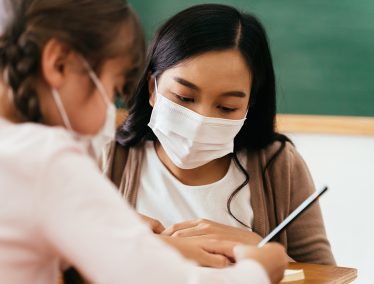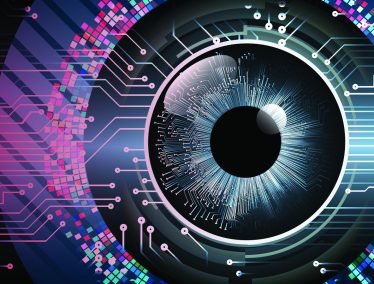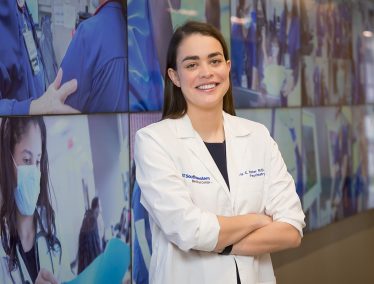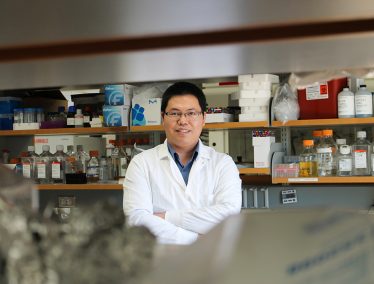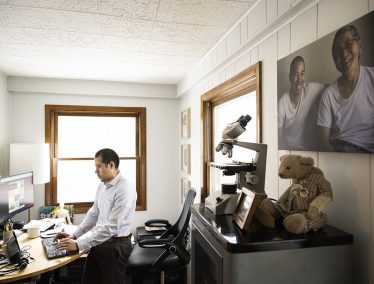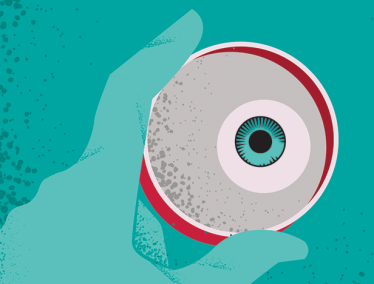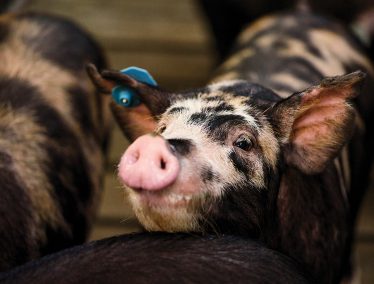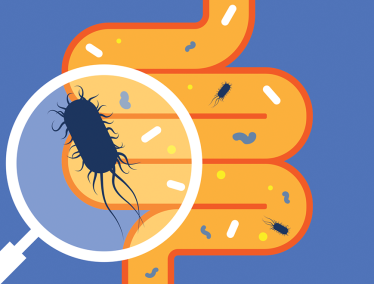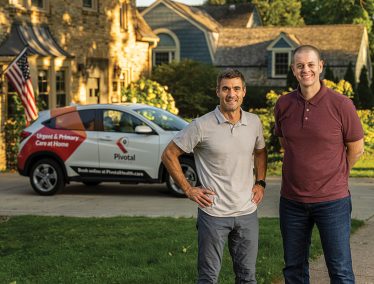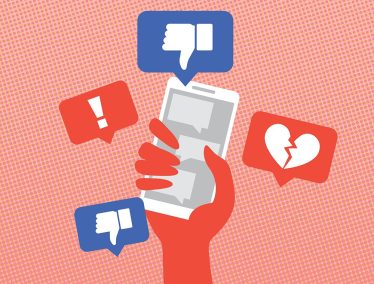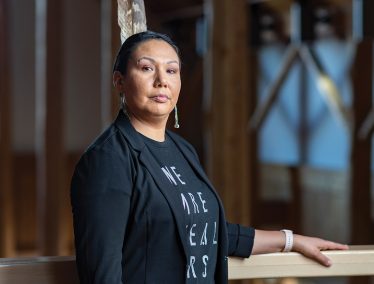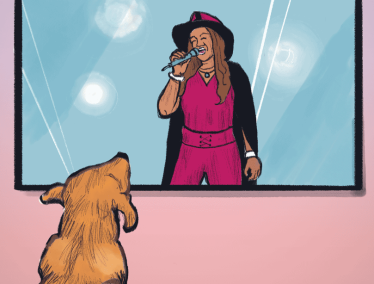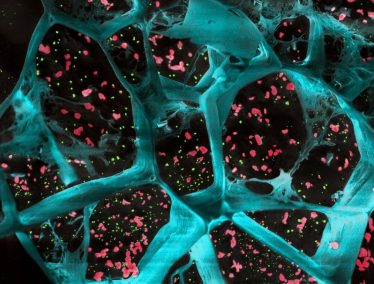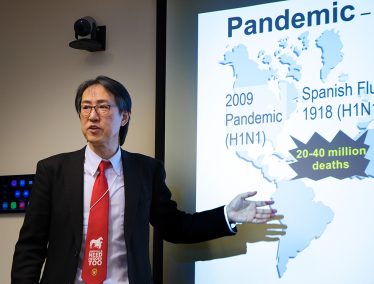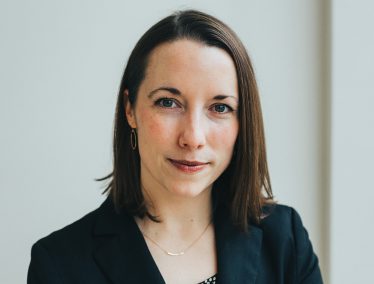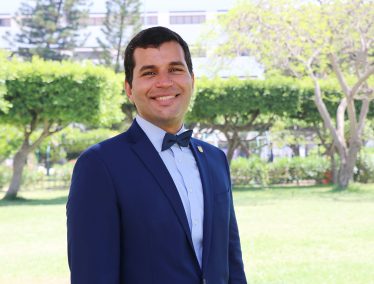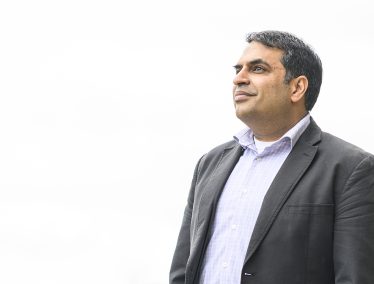With a $150 million grant, UW researchers will study the causes of dementia.
Find Articles
This page presents a paginated collection of all On Wisconsin stories by default. You can use topic and year filters to narrow the list of stories.
Selected topic: Health & Medicine.
109 stories matched. Showing page 1 of 4.
Filters
Filter by Year
Filter by Topic
A UW breakthrough could help treat disorders, says Su-Chun Zhang PhD’91.
UW engineering students hope to license their ingenious device.
A UW study examines data from both wet and dry counties.
Raymond Damadian ’56’s discovery gave doctors more insight into their patients. Literally.
A biologist hopes to make a highly beneficial fruit more widely available.
UW researchers aim to enhance emotional regulation and cognitive flexibility.
Badger graduates have provided a century of care and innovation to patients around the world.
Machine learning can help doctors choose the most effective treatment.
Harry Waisman ’35, MS’37, PhD’39, MD’47 demonstrated the lasting rewards when you give early help to a child.
A UW project offers hope for two hereditary diseases.
A UW study looks for ways to reduce distress and increase well-being.
Flexible bioelectronics will revolutionize human health.
Olivia Rater MD’22 is a doctor who did not play one on TV — but she did work for Grey’s Anatomy.
According to UW geriatrician Nathaniel Chin ’06, MD’10, “We are on a trajectory for prevention.”
UW scientists work wonders with retinal cells grown from stem cells.
Their cells could speed the way to treatments in humans.
Two UW alums find a novel way to bring health care to you.
In the early days of the pandemic, higher media consumption led to more emotional distress.
Kiana Beaudin ’10, MPAS’15 has devoted her career to her patients as well as the entire Ho-Chunk Nation.
The answer could help researchers assess canine vision.
It increases the lifespan of mice with minimal side effects.
UW–Madison researchers lead the effort to protect us from viruses yet to come.
Under new restrictions, irregular menstrual cycles could keep women from seeking the procedure.
With more than 400 interviews during the COVID pandemic, epidemiologist Ajay Sethi became a thoughtful voice against falsehood and conspiracy.
